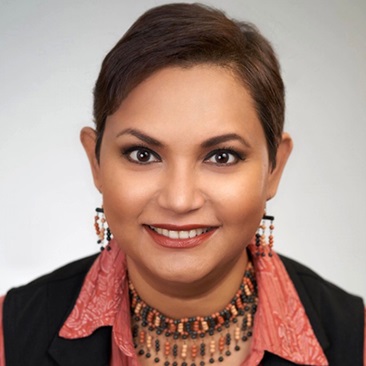Can service providing NGOs build democracy? Five contingent features
Jun 17, 2022
Can service providing NGOs build democracy? Five contingent features
Catherine E. Herrold,Khaldoun AbouAssi
Public Administration and Development, June 2022
This article studies the role of service providing NGOs in the Middle East in promoting democracy. Challenging the assumption that service providing NGOs are apolitical, the authors argue that service providing NGOs play important roles in promoting democracy. They do so by serving as public arenas, or spaces in which members and beneficiaries practice democratic habits such as discussion and debate, collective problem solving, free expression, rights claiming, and the like—all of which contribute to the cultivation of a participatory form of democracy. Drawing upon existing literature, interviews, and participant observation of NGOs in Egypt, Lebanon, and Palestine, the authors argue that five features shape the role of service providing NGOs in promoting democracy. These include: (1) organizational readiness, or the organization's embeddedness in its beneficiary community and its organizational capacity; (2) organizational governance, or organization's commitment to participatory representation and transparency; (3) the nature of service an organization provides; (4) an NGOs' collaboration with other NGOs and the government; and (5) donor risk tolerance. The article's analysis contributes to our understanding of the varied, and often overlooked, roles of service providing NGOs, advancing the literature on NGO-state relations, NGO-donor relations, and democracy promotion.
Related News
Media Coverage

Feb 17, 2026
Media Coverage

Feb 12, 2026
Media Coverage

Feb 9, 2026

